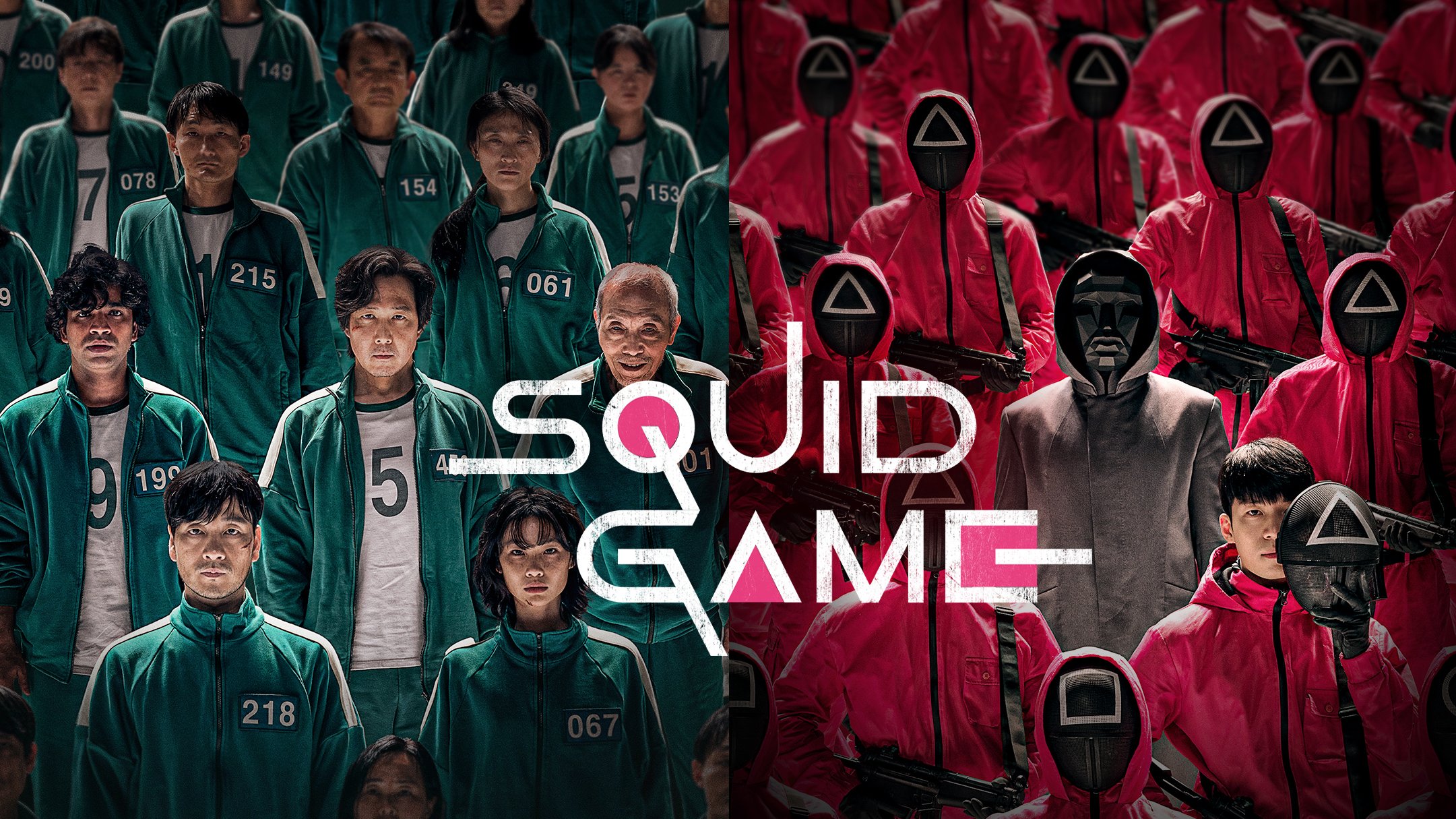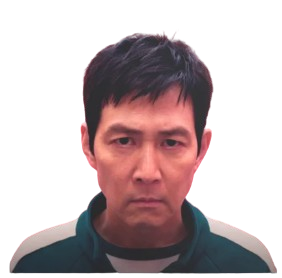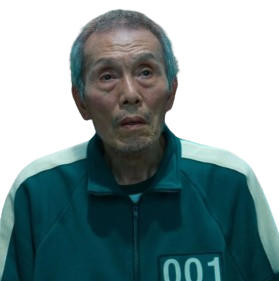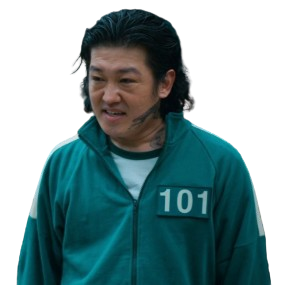What is Squid Game? The Complete Guide to Netflix's Most-Watched Series
Squid Game (오징어 게임) is a South Korean survival drama television series created by Hwang Dong-hyuk for Netflix. Released in September 2021, it became Netflix's most-watched series of all time, garnering over 1.65 billion viewing hours in its first 28 days. The show follows 456 financially desperate players who compete in a series of children's games for a ₩45.6 billion prize pool, with the deadly twist that losing means death.
The series masterfully combines elements of psychological thriller, social commentary, and horror, creating a unique viewing experience that resonated with audiences worldwide. Set against the backdrop of modern South Korea's economic inequality, Squid Game explores themes of class struggle, capitalism, desperation, and human nature under extreme pressure.
The show's six games include Red Light Green Light, Sugar Honeycombs (Dalgona), Tug of War, Marbles, Glass Stepping Stones, and the titular Squid Game. Each game serves as both entertainment and metaphor, reflecting different aspects of Korean childhood culture while highlighting the contestants' psychological states.
Beyond its shocking visuals and intense plot, Squid Game delves into human psychology, survival instincts, and moral dilemmas. Every character represents a distinct archetype, making it a rich text for understanding behavior, choices, and identity. The series earned critical acclaim, winning multiple awards including six Emmy Awards, a Golden Globe, and a SAG Award.
From the underdog idealism of Gi-hun to the cold rationality of Sang-woo, the series challenges us to question: who are we when pushed to the brink? Director Hwang Dong-hyuk spent over a decade developing the concept, drawing inspiration from his own experiences with financial hardship and South Korea's economic struggles.







